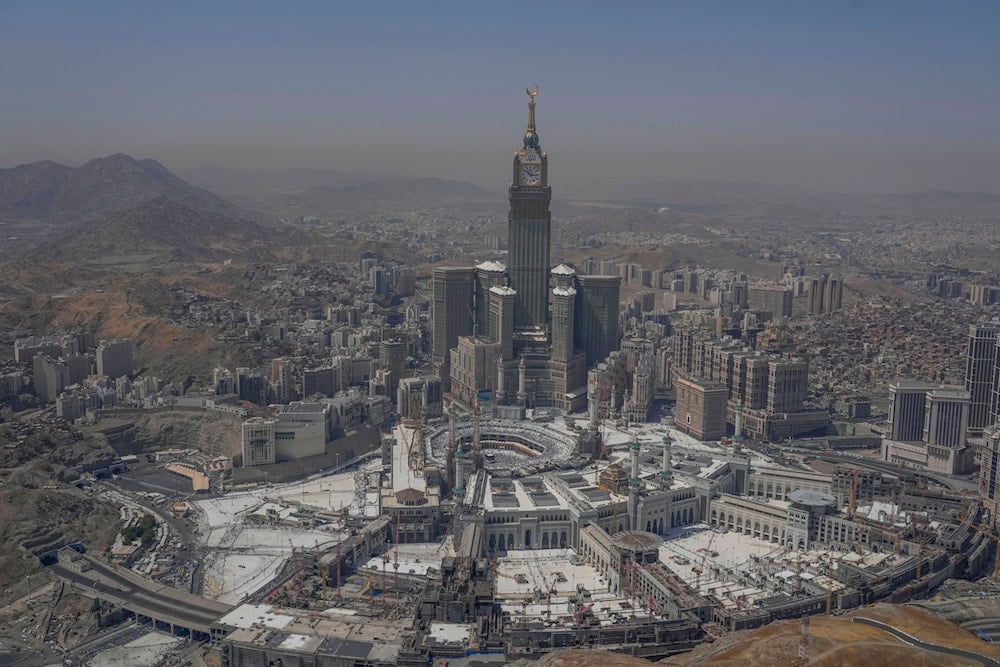Saudi Arabia cracks down on Hajj permits to prevent heat deaths
Saudi Arabia blocks over 269,000 unauthorized pilgrims from entering Mecca ahead of Hajj 2025, citing safety risks tied to heat and overcrowding.
-

Muslim pilgrims circumambulate the Kaaba, the cubic building at the Grand Mosque, during the annual Hajj pilgrimage in Mecca, Saudi Arabia, Monday, June 17, 2024. (AP)
Saudi Arabian authorities have barred more than 269,000 individuals from entering Mecca without the required Hajj permits, citing public safety concerns ahead of the annual Islamic pilgrimage.
Officials announced the crackdown on Sunday, noting that overcrowding caused by unauthorized participants significantly increases the risk of fatalities, especially in the extreme heat conditions expected during the 2025 Hajj.
Currently, around 1.4 million authorized pilgrims are already in Mecca, with more arrivals anticipated in the coming days.
The Hajj, a once-in-a-lifetime obligation for Muslims who are financially and physically able, brings millions to the holy city each year. But Saudi officials say adherence to regulations is critical to ensuring safety and preventing heat-related deaths.
The Saudi government has introduced strict punitive measures for violators, including fines of up to $5,000 and deportation for those performing the Hajj without a valid permit.
These rules apply not only to international visitors but also to Saudi citizens and residents.
Officials reported that more than 23,000 Saudi residents have been penalized for violations, and licenses have been revoked from 400 Hajj service companies for non-compliance.
Lieutenant General Mohammed al-Omari showed the seriousness of enforcement during a press conference in Mecca, “The pilgrim is in our sight, and anyone who disobeys is in our hands.”
2025 Hajj faces safety concerns amid rising temperatures
The enforcement effort follows growing concern over rising temperatures and heat-related risks associated with the pilgrimage.
Many of the fatalities recorded during Hajj in previous years occurred among unauthorized pilgrims who lacked access to official accommodations and medical services.
With pilgrims spending long hours outdoors, the threat of heatstroke and exhaustion has become increasingly acute, especially as global temperatures climb.
Saudi authorities deploy drones for monitoring and fire control
In a move to enhance security and safety, Saudi Arabia’s Civil Defense announced the first-time use of drones during the Hajj. The technology will assist in surveillance, crowd monitoring, and even fire suppression, officials said.
The added layer of monitoring is part of broader efforts to manage the logistical challenges of hosting over two million worshippers in a confined area over five days of rituals.

 2 Min Read
2 Min Read










